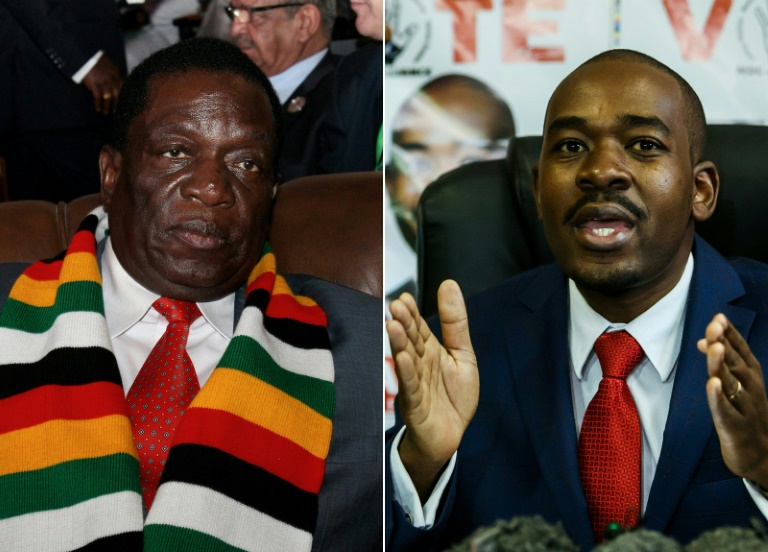×
The Standard e-Paper
Home To Bold Columnists

Zimbabwe's MDC opposition party lodged a court bid Friday to overturn the results of presidential elections that it alleges were rigged to ensure victory for Robert Mugabe's successor, Emmerson Mnangagwa.
The Movement for Democratic Change (MDC) has accused the ruling ZANU-PF party and the election commission of ballot fraud in the July 30 vote, Zimbabwe's first poll since the ousting of Mugabe in November.